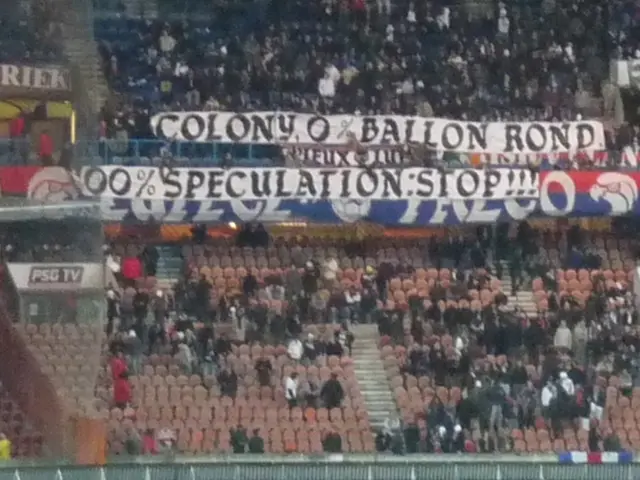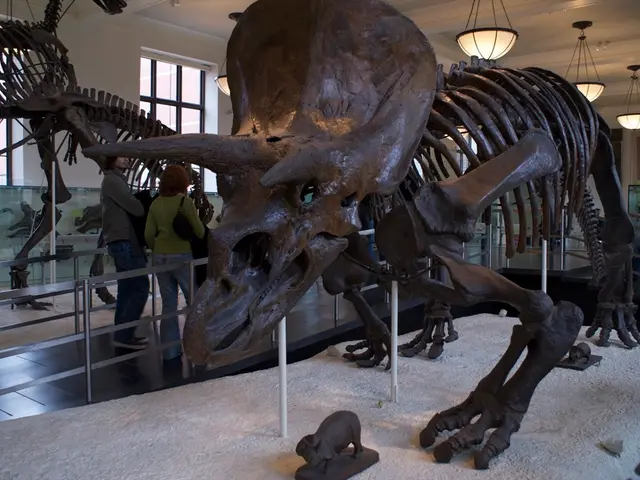South Korean Government Set to Continue Dialogue with the U.S. to Protect Domestic Agenda, Affirms Minister
The US and South Korea are currently in a standstill in their negotiations over a potential $350 billion investment package, aimed at reducing tariffs on various goods, including automobiles. The details of the deal are still being worked on to bridge the differences between the two sides.
The context of these talks is the outcome of the US-Japan trade agreement, with President Donald Trump signing an executive order last week, implementing the deal that lowered US tariffs on Japanese cars to 15 percent. However, the US is said to be demanding more direct investment from South Korea, contrary to the planned investment by South Korea, which will mostly comprise loans and guarantees.
The Korean government had first proposed a $350 billion investment package in exchange for tariff cuts. The deal includes lowering auto tariffs for Korea from 25% to 15%. The proposed investment package also includes $200 billion to expand bilateral cooperation in advanced industries, such as semiconductors and batteries, and $150 billion for shipbuilding cooperation with the US.
The Seoul government and the Trump administration had reached a framework trade deal on July 30. However, the negotiations have hit a snag due to disagreements over the impact of currency market fluctuations. South Korea has not finalized any written agreement and rejects conditions similar to Japan's $550 billion deal, seeking a joint approach with the US to limit market effects as of September 2025.
Trade Minister Yeo Han-koo emphasized the need to minimize the impact of US tariffs on Korean companies. He also mentioned the importance of close talks with the US to minimize tariffs' impact and safeguard national interests. His remarks came after over 300 South Koreans were taken into custody by US immigration officials during a raid on a construction site.
The construction site was a joint facility by Hyundai Motor Group and LG Energy Solution in Georgia. Despite this, the investments made by Hyundai and Korean Air in the US are part of broader economic exchanges rather than the finalized investment-for-tariff deal.
As of now, South Korea will continue negotiations with the United States on a bilateral trade agreement, aiming to reach a mutually beneficial agreement that considers the impact on both economies.








